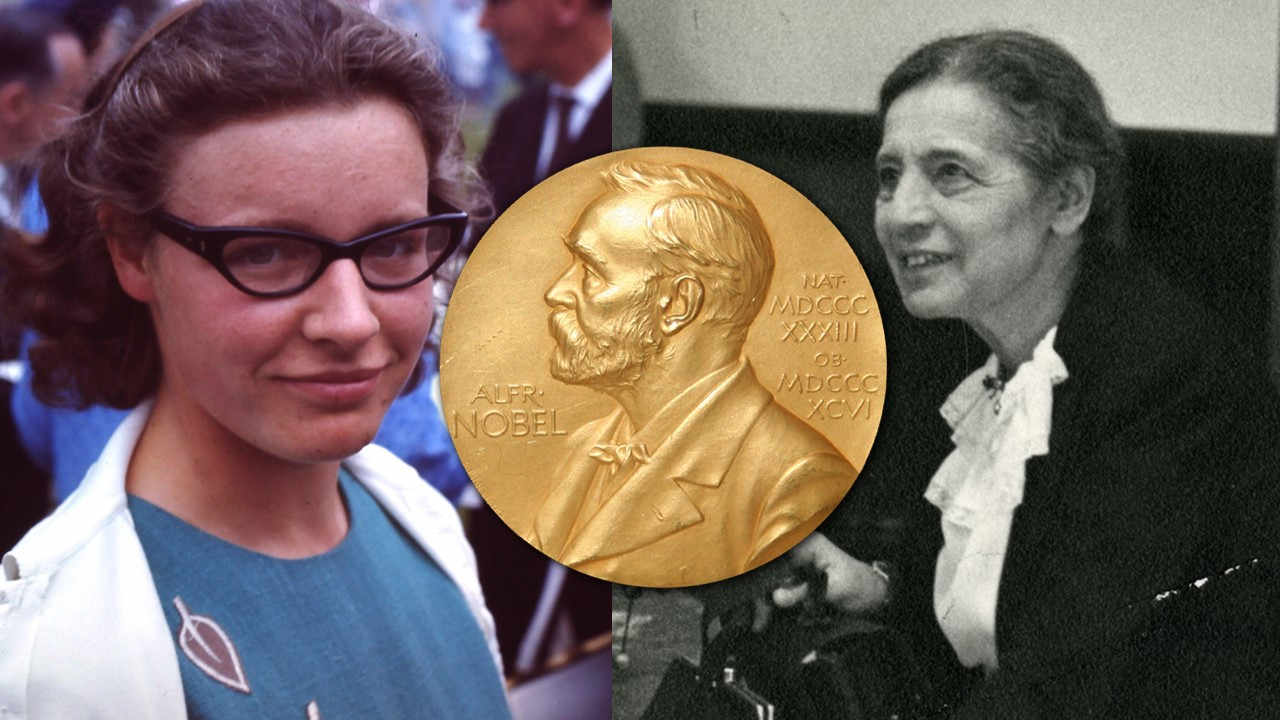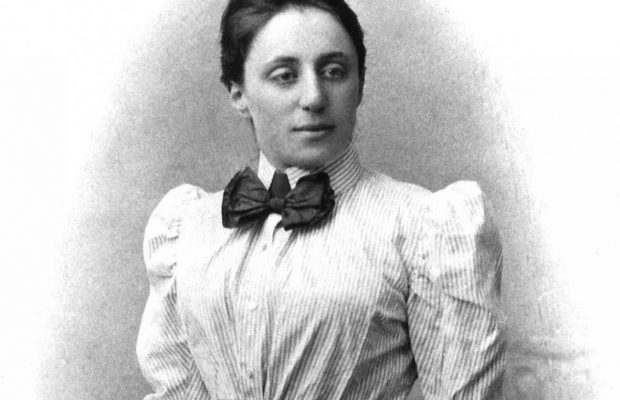
The Nobel Prize can be as controversial as it is prestigious. There is a long history of women going unrecognized, especially in the field of physics. Many female scientists have made ground-breaking contributions that should have won them a Nobel Prize, but they never became laureates.
Since 1901, of the 219 Nobel Prize winners in physics, only 4 were women. The following is a list of at least five more women who deserved to win the Nobel Prize but did not receive the top honor. Instead, the prize was either awarded to their male colleagues, advisor or not considered at all.
Chien-Shiung Wu
Chinese-American experimental physicist is best known for conducting what is called the Wu experiment. She showed that parity, which is conserved for electromagnetic and strong forces, is not conserved for weak force.
The violation of parity meant that if there was a mirror version of the real world then it would be possible to distinguish between the two. Before the Wu experiment, it was assumed by physicists that parity was always conserved.
Her male colleagues Tsung-Dao Lee and Chen-Ning Yang received the 1957 Nobel Prize in physics for the idea, whereas Wu's contribution in the discovery only got a mention in the Nobel Prize acceptance speech.
Jocelyn Bell Burnell
Astrophysicist from Northern Ireland picked up an interesting signal as a research student that turned out to be the first rotating neutron star, Pulsar, ever known. The discovery was recognized by the award of 1974 Nobel Prize in physics. However, Bell was excluded from the recipients.
Astronomers Martin Ryle and Anthony Hewish (doctoral advisor of Bell) won the Nobel Prize which was the first physics award given in recognition of astronomical research. Fellow astronomer Fred Hoyle strongly objected to Bell's omission, but to no avail.
Emmy Noether
German mathematician Amalie Emmy Noether made extraordinary contributions to both physics and mathematics. In physics, among many discoveries, Noether's theorem is the most famous that explains the relation between conservation laws and symmetry.

Her expertise in mathematics was sought after by famous mathematicians such as David Hilbert to understand the theory of general relativity. Albert Einstein described Noether as the most important woman in the history of mathematics.
Unfortunately, the scope of Noether's exceptional work in physics was not recognized during her lifetime. She died in 1935 at the relatively young age of 53 which is probably one of the reasons why she never won a Nobel Prize.
Lise Meitner
Austrian-Swedish physicist Lise Meitner was among the first to discover nuclear fission. In nuclear fission, atoms are split apart, which releases zero-emission clean energy, as the total mass of the resultant particles is less than that of the initial reactants.
Nobel committee for chemistry decided that German chemist Otto Hahn should be the sole winner of the Nobel Prize in chemistry for his role in understanding fission. The committee members failed to understand why the physics community regarded Meitner's work as seminal.
Lise Meitner spent most of her scientific career in Germany. She was the first woman to become a full professor of physics in Germany. Albert Einstein nicknamed her as the German Marie Curie when she discovered the radioactive element Protactinium.
Vera Rubin
American astronomer discovered a discrepancy in the predicted and observed angular momentum of galaxies which was the first evidence for the existence of dark matter, which makes 27% of the universe. In fact, the matter we know of makes only 5% of the universe.
In 1970s, with her long time collaborator Kent Ford, Vera Rubin found that there was more gravitation in individual galaxies than normal matter could account for. They showed that there must be at least six times more dark matter than visible mass, which is an accepted fact today.
Dark matter research gained momentum after their discovery but neither Ford nor Rubin won the Nobel Prize. Rubin fought hard to gain credibility in a traditionally male-dominated field of astronomy. Rubin died in 2016 after waiting over 40 years for a Nobel Prize recognition.






 Physics, astronomy and science history blog for students
Physics, astronomy and science history blog for students
Responsive Ad Slot